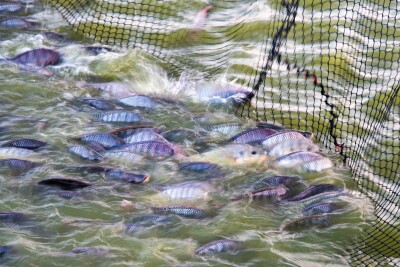While California’s salmon advocates are scrambling to shoot their salmon over dry riverbeds and into briny feeding grounds, the Pebble Partnership is aiming its guns directly at a world-class salmon fishery in Alaska’s Bristol Bay.
On Monday, advocates of the salmon fishery in Bristol Bay received a major blow: A federal judge halted EPA’s ability to take further action against the mine until a lawsuit is decided. District Court Judge H. Russel Holland dismissed two claims in Pebble Limited Partnership’s suit but also gave the mining conglomerate time to rewrite one part of its complaint against EPA. The suit claims EPA was working as an anti-mine team when it studied how the mine would affect the Bristol Bay watershed and the world’s largest sockeye salmon run.
The Pebble team has filed two other suits, including a challenge to EPA’s authority to impose Clean Water Act restrictions prior to the partnership’s official submission of a mine plan.
The reason this fight is so important to the commercial fishing industry as a whole is because Bristol Bay has been well-poised to fight a drawn-out battle waged by a multibillion-dollar mining company. Not many fisheries would have the resources to fight the bottomless pockets of a massive international mining partnership.
This fight has been going on for a decade. But what’s significant about Bristol Bay’s battle is that it’s not funded by the owners of a single massive fishing company but rather by the collective efforts of hundreds of small-boat fishermen. The Bristol Bay season draws fishermen from all over the country. It is our fishery. It is your fishery.
EPA is fighting on behalf of the Bristol Bay watershed, and its work could set a precedent that will help protect your fishery from being obliterated in favor of another business, and all for the short-term prospect of dollar, dollar bills, and despite the prospect of a total loss of water clean enough to support fish habitat.
We spend so much time worrying about so-called overfished fisheries, it’s quite amazing that we would even be considering launching one of our most productive fisheries into harm’s way.







